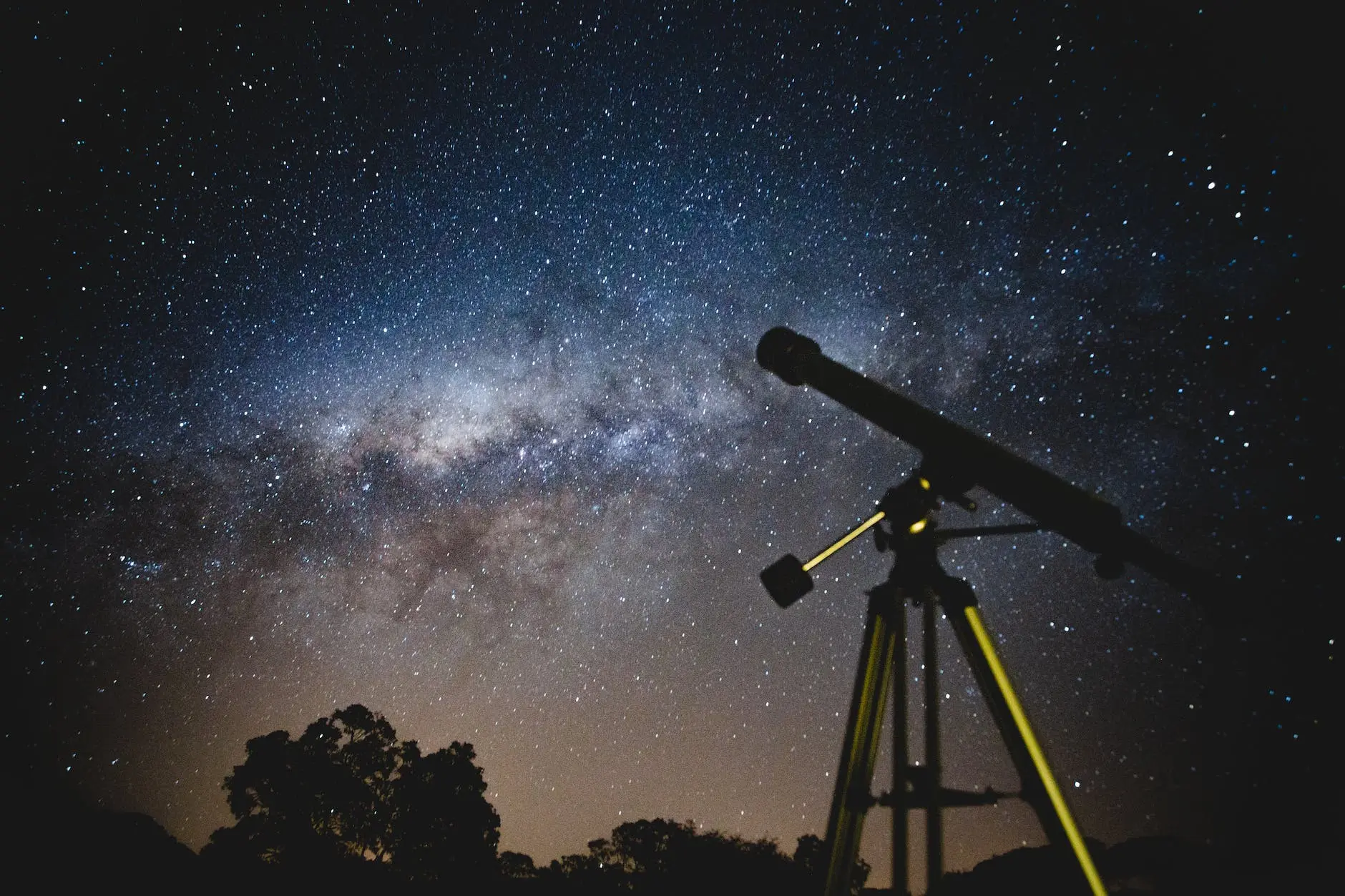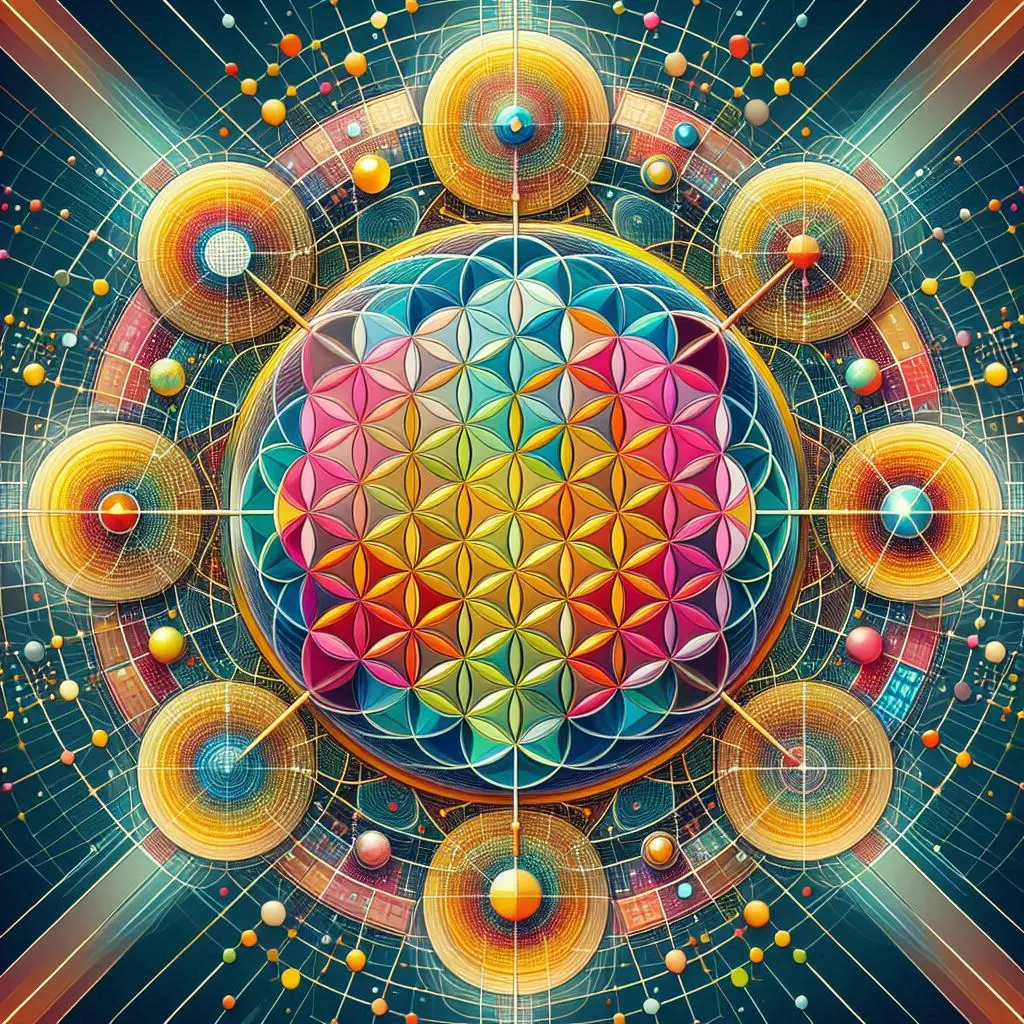What is the History of Astrology? (A Quick Guide)

Looking for more amazing products? Check out our online store and explore our collection here! Happy shopping!
Before diving in, please note: This post is for informational purposes only. If you’d like to know more about how we approach topics, feel free to check out our friendly Disclaimer Page.
Hey there, amazing readers! 
We’re committed to delivering quality posts, and your support (even just sticking around despite the ads) means everything to us. So, bear with us, and thanks for helping us keep the good vibes rolling. Now, on to the fun stuff!
TRANSLATE BUTTON AT THE END OF THE ARTICLE
Astrology is a sort of divination based on the concept that celestial things such as stars, planets, the moon, comets, and so on may reveal information about the future or a person’s characteristics.
Astrology is the study of the effects of celestial bodies on human events, which presupposes and seeks to interpret.
Astrology is defined by the American Heritage Dictionary as “the study of the locations and aspects of celestial bodies with the idea that they have an impact on the paths of natural terrestrial events and human affairs.”
Astrology was also widely practiced in ancient times.
Some of the world’s most well-known civilizations made great use of this area.
The ancient Chinese civilization, Egyptian culture, ancient Indian civilization, and so on, all practiced astrology at some point.
Prior to the arrival of Islam, Arabs also practiced astrology.
The ancient Babylonians were most likely the first to use astrology.
Following that, this technology spread to nations such as China and India.
Ptolemy, a Greek astronomer, was the first person to compose a book on astrology.
He formalized what is now known as sun sign astrology.
Ptolemy attempted to predict the positions of celestial bodies in relation to one another and the earth by studying their orbital movements.
Astrology was a branch of astronomy at the time.
Astronomy later became an accurate science, but astrology remained a component of theology.
Astrology is based on planetary observation.
The history of astrology is an essential component of culture and dates back to the dawn of time.
Apart from being hubs of medical expertise, Baghdad and Damascus were also regarded as astrological and astronomical centers.
Prior to the arrival of Islam, the Arabs were forerunners in astronomy.
The days of the week were initially named after the Sun, Moon, and planets by the Babylonians.
They were also the first to define the horoscope’s twelve houses.
Egypt was a pivotal location in the formation of astrology.
Some astrological signs of the zodiac are said to have originated in Egypt.
Even throughout the Vedic period in India, astrology was practiced.
Astrology is one of the six vedanga sciences.
The Hindus believe that human success or misfortune in life is caused by karma, which is impacted by the motions of the planets.
The Brahmins are regarded as the top astrological authorities among Hindus.
Astrology is widely employed in modern India to predict the future and enhance one’s life.
Many people in India study and practice astrology.
It is considered essential in Indian culture.
It is utilized to make choices like marriage, starting a new company, and moving into a new residence, among other things.
The many components of planetary movements and their consequences for humanity are also highly valued in ancient Hindu scriptures.
Metal, wood, water, fire, and earth are the five elements emphasized in Chinese astrology.
Even the zodiac signs employed by them vary from those used by other types of astrology.
For a long time, China was cut off from the rest of the world.
That is why Westerners are unfamiliar with Chinese astrology.
Because Chinese astrology originated separately, there are significant differences between western notions of astrology and the Chinese version.
However, Chinese and Indian astrologers communicated on a regular basis.
As a result, these two schools share a few characteristics.
Despite their geographical separation, there are a few startling commonalities between western and Chinese perspectives on astrology.
It’s nothing more than a coincidence.
Despite the fact that the science of astrology was founded and developed in the east, the west has never been without astrology.
Reading daily horoscopes has recently become popular in the Western world.
The western world has suddenly become aware of the possibilities of understanding and improving their future via the use of astrology.
More and more westerners are beginning to think that strong planets and stars may affect them.
Western intellectuals have investigated the topic of astrology.
Astrology has never been studied and researched as thoroughly as it has been in recent years.
Astrologers in India assert that it is a scientific approach to forecasting the future.
They continue to confine this area of research within the confines of Hinduism.
They claim to be able to demonstrate the scientific validity of astrological forecasts.
Hindus almost universally accept astrological forecasts.
Indeed, pious Hindus cannot imagine their lives without astrology.
More and more Indians are building their homes in accordance with Vastu Shashtra principles.
Astrological implications also regulate this old Indian custom.
Hindus believe that the Vastu principles used while designing a home have an impact on the general prosperity and advantages of the residents.
Feng shui is an ancient Chinese technique of placing and arranging objects in order to establish harmony with the surroundings.
It’s also a branch of Chinese astrology.
Again, it is claimed that this is scientific in nature.

The Enlightenment Journey is a remarkable collection of writings authored by a distinguished group of experts in the fields of spirituality, new age, and esoteric knowledge.
This anthology features a diverse assembly of well-experienced authors who bring their profound insights and credible perspectives to the forefront.
Each contributor possesses a wealth of knowledge and wisdom, making them authorities in their respective domains.
Together, they offer readers a transformative journey into the realms of spiritual growth, self-discovery, and esoteric enlightenment.
The Enlightenment Journey is a testament to the collective expertise of these luminaries, providing readers with a rich tapestry of ideas and information to illuminate their spiritual path.
Our Diverse Expertise
While our primary focus is on spirituality and esotericism, we are equally passionate about exploring a wide range of other topics and niches 

To ensure we provide the most accurate and valuable insights, we collaborate with trusted experts in their respective domains 
Our blog originally focused on spirituality and metaphysics, but we’ve since expanded to cover a wide range of niches. Don’t worry—we continue to publish a lot of articles on spirituality! Frequently visit our blog to explore our diverse content and stay tuned for more insightful reads.
Hey there, amazing reader! 
Check out our store here and take a peek at some of our featured products below! Thanks for being awesome!














